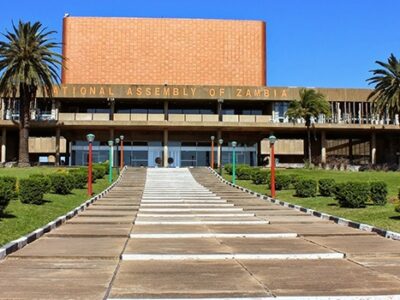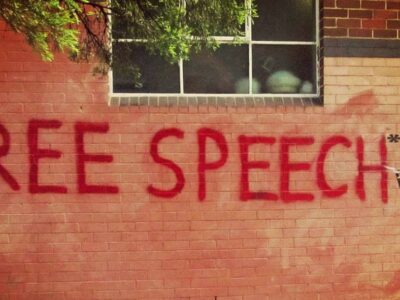Obister Nyoni, a teacher in Eastern Province, says that in a country where silence is interpreted as contentment and voicing opinions invites trouble, defining freedom of expression becomes challenging.
Being a person with a disability himself, Nyoni asserted that concerns raised by persons with disabilities were not being taken seriously.
In an interview with Zambia Monitor in Eastern Province, Nyoni alleged that most people merely pretended to listen to their concerns, but no action would be taken.
“People will pretend to hear our plea and promise to attend to it, but that is all they do, no action is taken,” he added.
Furthermore, in his role as a civil servant, Nyoni said civil servants were compelled to support the government of the day, which prevented them from freely expressing themselves.
“We are told to support the government of the day so we cannot comment on government issues,” he expressed.
Nyoni said the country claimed there was freedom of expression, but in reality, anyone who speaks out was summoned by the police.
“It is very sad … we claim that there’s media freedom but when people express themselves they are summoned by the police,” he stated.
Additionally, Nyoni said network barriers in rural areas limit media freedoms.
“In rural areas there are problems, people will talk about improving network but nothing is being done,” he said.
He called on the government to address issues that arise in rural communities.
WARNING! All rights reserved. This material, and other digital content on this website, may not be reproduced, published, broadcast, rewritten or redistributed in whole or in part without prior express permission from ZAMBIA MONITOR.












Comments